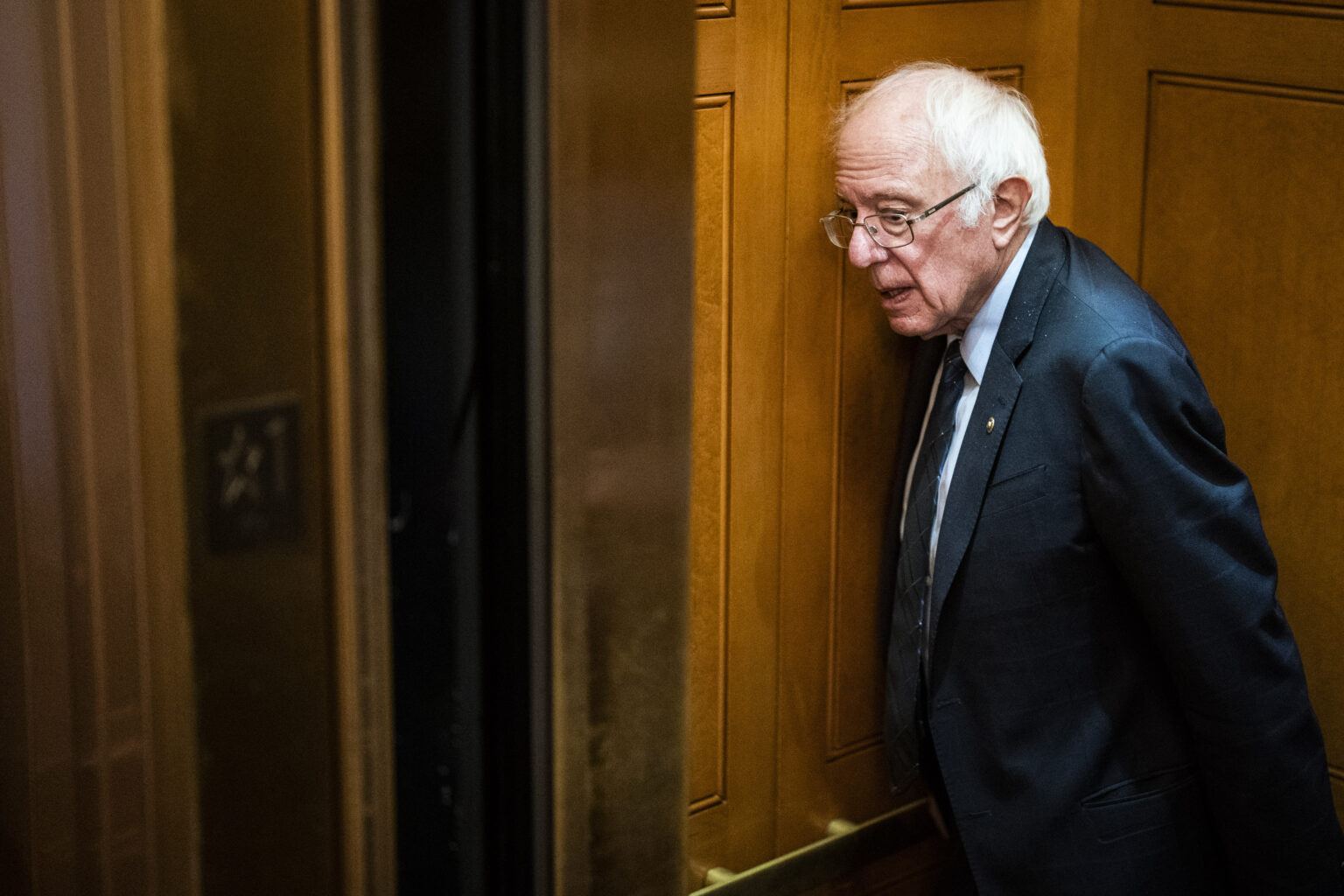Uncertain Future for Major Tax and Immigration Reforms in the U.S. Senate
The trajectory of President Donald Trump’s ambitious tax overhaul and immigration reform initiatives remains uncertain following recent developments in the Senate. On Monday, key modifications were announced to a bill that had narrowly passed the House of Representatives, notably concerning tax credits and climate initiatives introduced during the Biden administration. With a self-imposed deadline of July 4th, Republicans are eager to see this legislation reach President Trump’s desk. Meanwhile, public opinion appears divided, as a recent survey indicates that a significant portion of Americans oppose the proposed measures. President Trump, after a brief stay at the G7 summit in Canada, returned to the White House Tuesday morning to address the escalating tensions between Israel and Iran, further complicating the legislative landscape.
Democratic Party Faces Internal Challenges Over Influence of Wealthy Donors
Amidst growing concerns about the influence of wealthy benefactors in American politics, Senator Bernie Sanders and six other senators are urging Democratic leaders to reevaluate their relationship with billionaire donors. They advocate for a ban on super PACs and “dark money” contributions within Democratic primaries, aiming to curb the outsized influence of affluent individuals and corporate interests. This push comes at a time when the Democratic Party is grappling with internal divisions and a need to restore public trust.
Mobilizing Against Corporate and Billionaire Influence
Sanders, an independent senator from Vermont, is spearheading a campaign dubbed the “Fighting Oligarchy” tour, which has mobilized tens of thousands of supporters to protest the policies of figures like Elon Musk and Donald Trump. The senators’ recent letter to Senate Minority Leader Chuck Schumer and Democratic National Committee Chair Ken Martin underscores their concern: “The American people are disillusioned with a corrupt political system that allows billionaires like Elon Musk to spend hundreds of millions of dollars to influence elections. They demand change, and we believe real change is possible.”
Addressing Voter Disillusionment and Campaign Finance Reform
The group emphasizes that many voters have lost faith in the democratic process due to the disproportionate influence of wealthy donors. They point to organizations such as the American Israel Public Affairs Committee (AIPAC), which has invested millions to sway elections and oppose progressive candidates. While comprehensive campaign finance reform-aimed at overturning the Supreme Court’s 2010 Citizens United decision-remains a long-term goal, the senators argue that immediate steps are necessary to limit the power of big money in politics.
Challenges and Strategies in the Fight Against Dark Money
The senators acknowledge the difficulty of enacting sweeping reforms while the Democratic Party remains in the minority. Nonetheless, they stress the importance of starting now to curb the influence of super PACs and dark money groups, which often intervene in primaries and general elections to support or oppose candidates based on their alignment with corporate interests. “Right-wing billionaires have poured hundreds of millions into super PACs to dominate our primaries and influence general elections,” they state. “This interference has led to the defeat of many capable Democratic representatives, which is unacceptable.”
Bernie Sanders’ Populist Campaign and Its Impact
Despite the political headwinds, Sanders continues to enjoy widespread popularity, especially as the Democratic Party’s approval ratings hit historic lows. He is actively recruiting candidates-both Democrats and independents-to challenge entrenched interests across the country, including in traditionally Republican-leaning states. His efforts aim to forge a populist “working-class movement” that counters Trump’s influence and the broader Republican agenda. This week, Sanders is taking his message to Texas, seeking to energize voters and candidates in red states.
Internal Democratic Discontent and Strategic Disagreements
Frustration within the Democratic ranks has been mounting, particularly over leadership decisions. In March, tensions peaked when Senate Majority Leader Chuck Schumer and eight other Democratic senators voted to pass Republican-led spending legislation, citing concerns over a government shutdown. Schumer defended this move, arguing it was the best strategy to oppose Trump’s plans to drastically reduce government size. He warned that a government shutdown could be exploited by Trump and Musk’s proposed U.S. DOGE Service to implement even deeper budget cuts, highlighting the complex balancing act faced by Democratic leaders in navigating legislative priorities and party unity.

